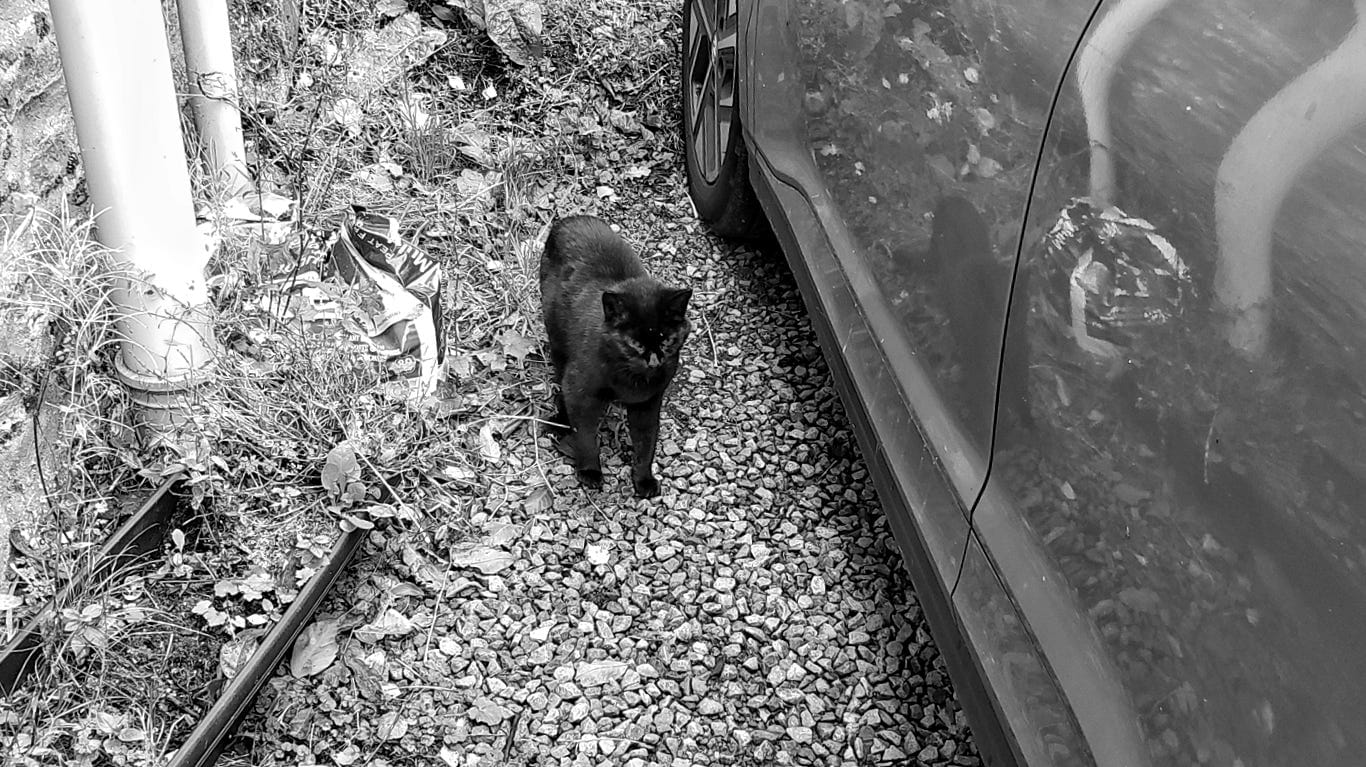The Coffee News Roundup
The Olive Oil Latte is No More
Coffee News Roundup: Week Ending November 1st

1 min read
This week, in the world of coffee:
- The government of São Paulo, Brazil’s most populous state and an historically important coffee producing region, is exploring the sale of thousands of acres of a key research farm. Fazenda Santa Elisa is vital to coffee scientists, and experts describe its germplasm bank as “a living archive of coffee genetic material.”
- First Luckin Coffee overtook Starbucks as the fastest-growing coffee chain in China. Then it surpassed it in sales. Now, the low-cost, tech-focused brand is planning to take on the coffee giant on its own turf by launching in the United States. Luckin plans to undercut its rivals by selling drinks for $2 or $3 and has been running ads during NBA games to increase name recognition.
- RIP, Oleato—Starbucks has nixed the olive-oil-infused drink range developed by its erstwhile CEO Howard Schultz. The move is part of the chain’s push to simplify its sprawling menu, but the fact that the Oleato gave customers intestinal distress, plus the revelation that the company which supplied the oil was part-owned by Schultz himself, probably didn’t help.
For more on all these stories, and some bonus Starbucks news—this time focused on its white-collar workforce—check out the full Roundup over at Fresh Cup Magazine:
I’ll be back on Friday with a new article, but until then it’s goodbye from Merlin:







